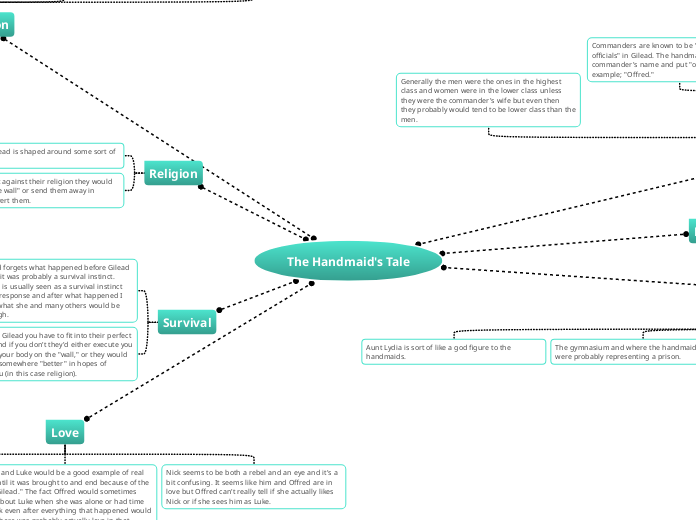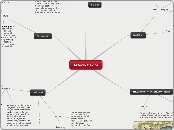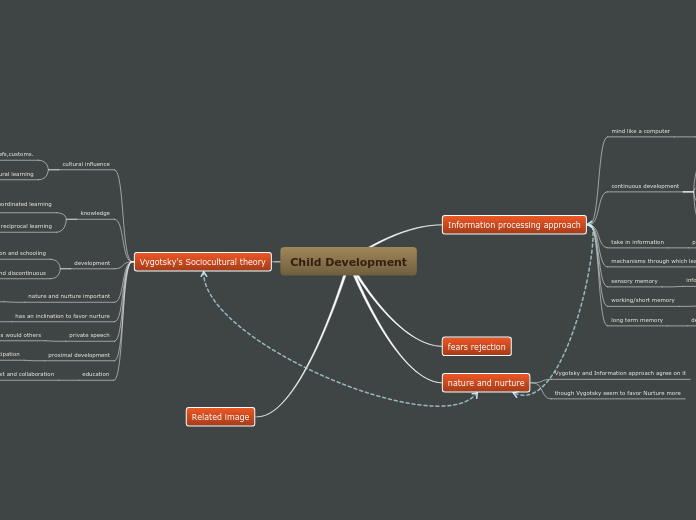av Nikki Wark för 1 år sedan
155
The Handmaid's Tale
The narrative revolves around a dystopian society called Gilead, where a stringent and distorted interpretation of Christianity governs all aspects of life. The protagonist, Offred, narrates the story, which initially can be confusing due to the unclear identity of the narrator.









